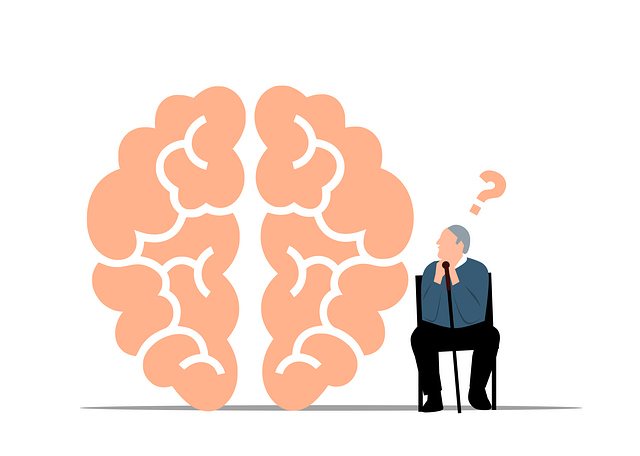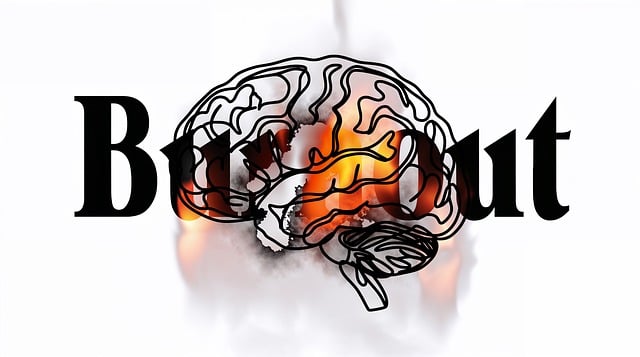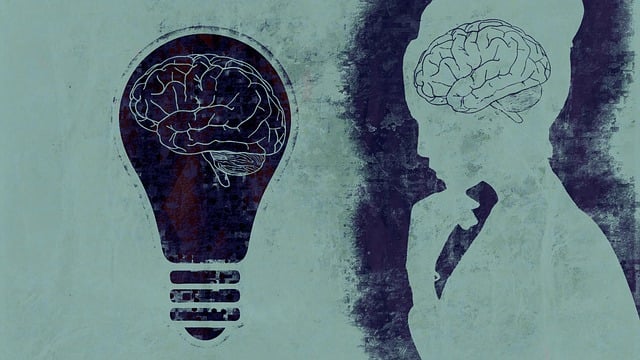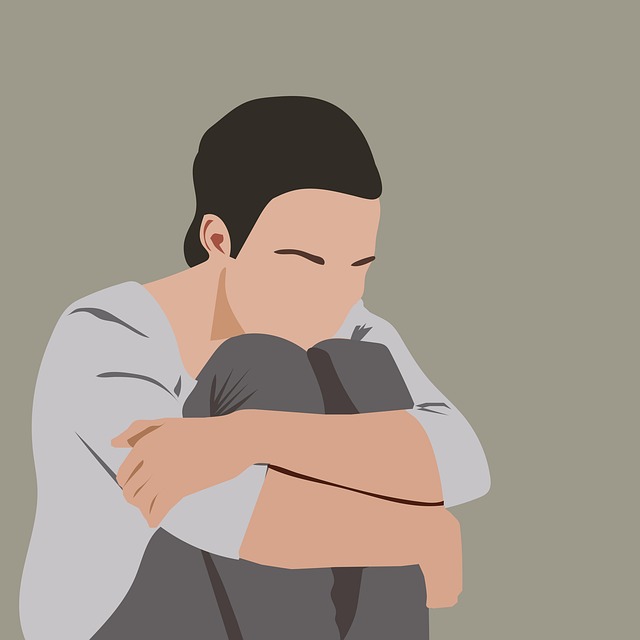The media profoundly impacts societal attitudes towards mental health, especially eating disorders, influencing help-seeking behaviors and potentially reinforcing harmful practices. In Arvada, media influence significantly shapes young people's experiences with eating disorders. Positive, accurate media portrayals can reduce stigma and encourage support, while stereotypes exacerbate shame and isolation. To address this, Arvada Eating Disorders Therapy (AEDT) promotes community engagement through education, outreach, and risk assessment to challenge eating disorder stereotypes. AEDT offers holistic treatment, including collaborative care, peer support, workshops, and professional risk management training. Collaboration between therapy practices and media outlets is crucial for driving accurate representation of mental health issues, advocating for policy change, and promoting early intervention strategies like mindfulness meditation and confidence boosting activities. Through community outreach programs and support groups, AEDT empowers individuals to challenge stereotypes, fostering understanding and empathy in society.
Mental illness representation in media significantly influences public perception and can impact individuals’ willingness to seek help. This article delves into the challenges posed by media portrayals of eating disorders, specifically examining how these depictions often perpetuate harmful stereotypes. We present Arvada Eating Disorders Therapy as a community-driven solution, offering strategies for positive change through collaboration with media outlets. By empowering individuals and challenging stereotypical narratives, we aim to promote accurate representation and support for those struggling with mental health issues.
- Understanding the Impact of Media Portrayal on Mental Health
- The Current State: How Media Often Depicts Eating Disorders
- Arvada Eating Disorders Therapy: A Community-Based Approach
- Strategies for Positive Change: Collaborating with Media Outlets
- Empowering Individuals and Challenging Stereotypes
Understanding the Impact of Media Portrayal on Mental Health

The media plays a significant role in shaping societal perceptions about mental health, especially when it comes to conditions like eating disorders. Positive and accurate representation in media can foster understanding and reduce stigma, encouraging individuals struggling with these issues to seek help. Conversely, negative or stereotypical portrayals can perpetuate shame and isolation. For instance, the media’s influence on young people in Arvada suffering from eating disorders cannot be understated; it can either motivate them to find support or reinforce dangerous behaviors.
Understanding the impact of media portrayal is crucial for designing effective interventions like Mental Health Education Programs and even shaping Mental Health Policy Analysis and Advocacy strategies. By recognizing how media influences mental health discourse, professionals can implement Risk Management Planning for Mental Health Professionals to safeguard both practitioners and their clients from potentially harmful content. This approach ensures that the media’s power is harnessed for positive change in mental healthcare.
The Current State: How Media Often Depicts Eating Disorders

In today’s media landscape, eating disorders often receive significant attention but are frequently misrepresented. While awareness campaigns have increased visibility, many portrayals still perpetuate harmful stereotypes and misconceptions. Media outlets often depict eating disorders as solely a visual issue, focusing on physical changes rather than recognizing the complex interplay of psychological, social, and environmental factors that contribute to these conditions.
This superficial representation can be particularly damaging, especially for individuals in Arvada seeking eating disorders therapy. It may discourage those in need from reaching out for help, as they might not recognize their symptoms or feel understood. Additionally, media portrayals rarely showcase the diverse range of eating disorder presentations, further marginalizing affected communities. Therefore, there is a pressing need for more accurate and nuanced storytelling to challenge these stereotypes and foster a better understanding of eating disorders within the community. Implementing effective community outreach program initiatives, providing crisis intervention guidance, and ensuring comprehensive risk assessment for mental health professionals are crucial steps towards this goal.
Arvada Eating Disorders Therapy: A Community-Based Approach

Arvada Eating Disorders Therapy (AEDT) takes a community-based approach to addressing eating disorders, emphasizing collaborative care and holistic support. This innovative program recognizes that overcoming eating disorders requires more than individual treatment; it necessitates a supportive network of peers, family, and professionals. By fostering open dialogue and education within the community, AEDT aims to reduce stigma and promote early intervention, two crucial factors in improving outcomes for those struggling with these complex conditions.
The initiative focuses on empowering individuals through self-esteem improvement workshops and group therapy sessions, targeting the root causes of eating disorders while teaching effective coping mechanisms. Furthermore, risk management planning for mental health professionals is integrated into the program to ensure safe and supportive treatment environments. Through developing inner strength and resilience, AEDT empowers participants to navigate their journeys with confidence and dignity, ultimately challenging societal norms that contribute to disordered eating.
Strategies for Positive Change: Collaborating with Media Outlets

To bring about positive change in mental illness representation, collaboration between therapy practices like Arvada Eating Disorders Therapy and media outlets is key. By actively engaging with journalists and content creators, professionals in the field can offer insights based on expertise, ensuring stories are told accurately and sensitively. This partnership can lead to the development of more nuanced narratives that reflect the diverse experiences of individuals living with mental health conditions, fostering a better understanding within the general public.
Media outlets play a powerful role in shaping societal perceptions, making their collaboration essential for advocacy efforts. Together, they can contribute to Mental Health Policy Analysis and Advocacy by shedding light on the importance of early intervention, promoting Mindfulness Meditation techniques, and encouraging Confidence Boosting activities that empower individuals to seek help without stigma. Through shared initiatives, these partnerships can drive a revolutionary change in media representation, ultimately improving support systems for those facing mental health challenges.
Empowering Individuals and Challenging Stereotypes

Empowering individuals with mental illness is a key strategy to challenge stereotypes and foster understanding in society. By providing platforms for personal narratives and experiences, those affected can dispel myths and showcase the diversity of their journeys. This approach, often facilitated through community outreach programs and support groups, enables people to connect, share coping skills development, and build resilience.
Arvada Eating Disorders Therapy, for instance, recognizes the power of these initiatives in transforming perceptions. They implement innovative programs aimed at educating communities about the nuances of mental health while encouraging self-care practices. Through such efforts, they challenge societal norms and promote empathy, ensuring that individuals with eating disorders or other mental health challenges are met with support rather than stigma.
Mental illness representation in media is a powerful tool that can either perpetuate harmful stereotypes or foster understanding and empathy. The current state of eating disorder depictions highlights the need for positive change. By collaborating with media outlets and empowering individuals, we can challenge these stereotypes and improve mental health outcomes. Arvada Eating Disorders Therapy serves as a community-based model, demonstrating effective strategies for navigating this complex issue. Through open dialogue and thoughtful representation, we can revolutionize the way media portrays mental illness, ultimately enhancing support systems and encouraging early intervention.













